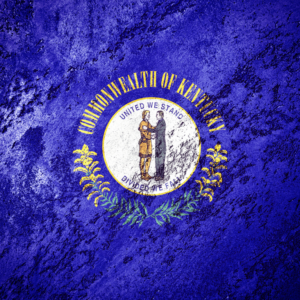Legal Battle Unfolds: Researchers Challenge DEA’s Psychedelics Ban

Panacea Plant Sciences (PPS) has taken a decisive step in contesting the Drug Enforcement Administration’s (DEA) attempt to ban two psychedelics, arguing that the agency’s administrative approach is unconstitutional. The move comes amid a broader debate over drug policy and regulatory processes.
Legal Action Initiated
PPS lodged a complaint and requested injunctive relief against the DEA in the U.S. District Court for the Western District of Washington. The focus of the legal challenge is on the DEA’s scheduling of an administrative hearing to gather expert input on its proposal to classify 2,5-dimethoxy-4-iodoamphetamine (DOI) and 2,5-dimethoxy-4-chloroamphetamine (DOC) as Schedule I drugs under the Controlled Substances Act (CSA).
Constitutional Concerns
The crux of PPS’s argument lies in the administrative hearing process preceding final rulemaking. PPS contends that the DEA’s reliance on administrative law judges (ALJs) for arbitration violates constitutional principles, citing U.S. Supreme Court precedent. According to PPS, the insulation of ALJs from executive control under Article II of the Constitution renders the process unconstitutional.
Impact on Research and Development
PPS underscores the significance of the scheduling proposal, highlighting its potential impact on research and development endeavors. The company’s work involves the exploration of medical technologies utilizing DOI and DOC, which are currently uncontrolled substances. The prospect of DEA’s actions necessitates PPS’s participation in adjudicatory proceedings, placing its research initiatives at risk.
Immediate Action Sought
In response to the perceived constitutional violations, PPS seeks urgent judicial intervention. The company requests a temporary restraining order to halt the scheduling process, emphasizing the broader implications for scientific advancement and medical understanding.
DEA’s Response and Political Landscape
DEA’s efforts to schedule psychedelics have faced persistent opposition and scrutiny from various quarters. The agency’s rationale for the proposed ban lacks conclusive evidence linking the substances to significant health risks or high abuse potential. Meanwhile, political pressure mounts on DEA, particularly concerning its review of marijuana scheduling, amid calls for reform and legalization.
Conclusion
The legal challenge mounted by PPS against DEA’s psychedelics ban underscores the complex interplay between drug policy, constitutional principles, and scientific inquiry. As stakeholders await judicial deliberation, the outcome of this case holds implications not only for the future of psychedelic research but also for broader discussions surrounding drug regulation and individual liberties.











